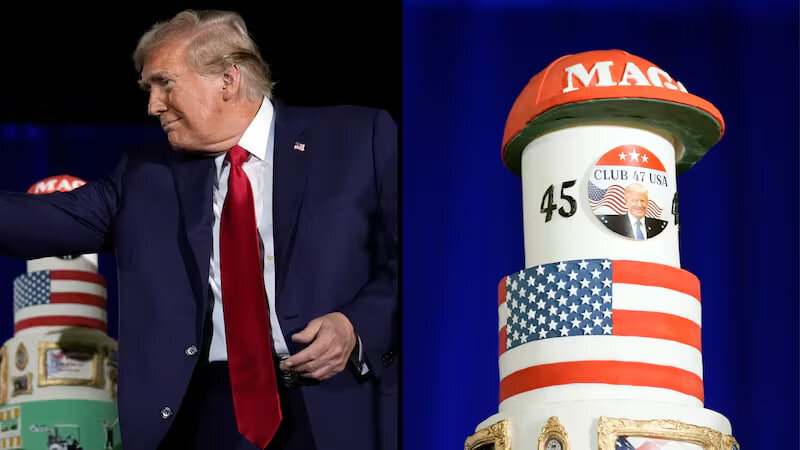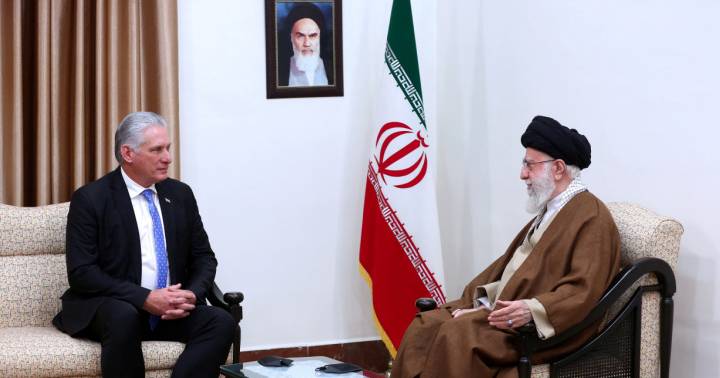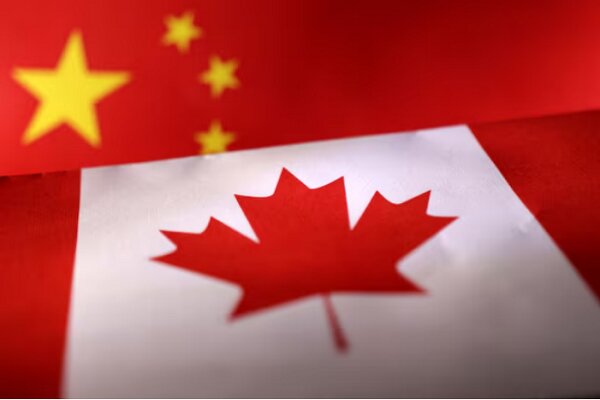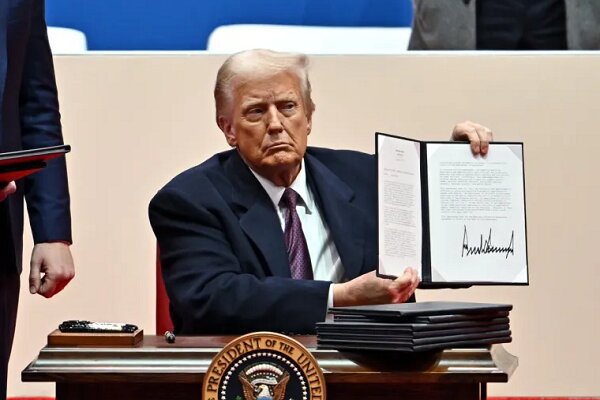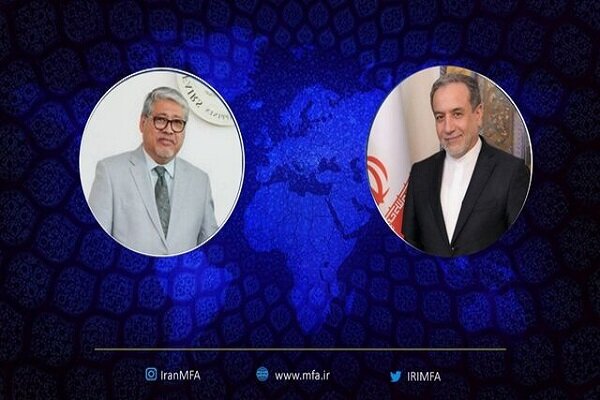Trump’s Controversial Moves: Is He Undermining the MAGA Movement?
In recent discussions about global politics, it’s essential to recognize the unique position of Iranians and the broader implications of American foreign policy. The ongoing narrative surrounding the United States presents a complex picture, marked by internal crises and external perceptions of its role on the world stage. This article delves into the perception of Iran, the United States, and the evolving dynamics that shape their relationship.
Many people around the globe may feel fortunate to not be American citizens, as they observe the decline of an empire that seems increasingly disconnected from the needs of humanity. This perception raises questions about the actual “enemies” of the U.S., as it appears that the real challenges stem from within, rather than from foreign adversaries.
- Misconceptions About Iran: Iran has often been labeled an “enemy” of the U.S., yet it has made numerous attempts to mend diplomatic relations. Many Americans recognize this effort, pointing out that Iran’s stance on justice, particularly regarding Palestine, shows a commitment to global ethics.
- Media Manipulation: The U.S. spends billions through agencies like USAID to promote narratives that align with its interests, often at the expense of a truly free press. The notion of a liberated mainstream media in America is increasingly viewed as a fallacy.
- Criticism of U.S. Policies: American leaders frequently condemn Iran for its stance against Israel, particularly regarding its policies towards the Palestinian struggle. This criticism often seems to lack self-awareness about the implications of U.S. foreign policy.
As the U.S. grapples with its identity and role in the world, the administration’s actions reflect a deepening desperation. The attempt to “Make America Great Again” (MAGA) seems misguided, focusing on power rather than ethical governance. The political landscape, especially under Trump’s leadership, illustrates a troubling trend toward authoritarianism, driven largely by external influences rather than genuine national interests.
Moreover, the contentious issue of the hijab in Iran has drawn ire from Western nations, particularly the U.S. This raises a critical question: is this the primary concern regarding Iran’s social policies? In a world where free speech is increasingly under threat—even in the U.S. and parts of Europe—this focus on Iran’s internal policies appears selective and hypocritical.
- Military Escalation: The glorification of military might, such as the deployment of the Massive Ordnance Air Blast (MOAB) bomb, raises alarming questions about U.S. intentions. Is the U.S. preparing to enable Israel in a potentially catastrophic act against Iran or Palestinians?
- Leadership Failures: The failures of both Biden and Trump illustrate a concerning trend in U.S. politics, where the focus on fiscal responsibility is overshadowed by increasing tyranny and reliance on foreign influences.
History teaches us that empires in decline often exhibit similar traits. The Roman Empire, for instance, faced issues of corruption, military overreach, and economic instability. The U.S. mirrors these traits, showing signs of decay through:
- Buffoonery: The political landscape has devolved into a spectacle rather than a serious discourse.
- Deep Corruption: Systemic corruption undermines public trust and governance.
- Costly Military Adventures: Endless conflicts drain resources and public support.
- Economic Decay: The looming threat of economic collapse is palpable.
- State Repression: Increasing repression of dissenting voices is evident.
Despite the MAGA initiative’s claims to restore American greatness, it often exacerbates the very issues it seeks to address. There is a notable absence of a comprehensive approach that integrates justice and morality into policymaking. If former President Trump had aimed to reduce the influence of certain foreign lobbies—particularly those aligned with Zionist interests—his presidency might have been viewed more favorably in the annals of history.
In conclusion, the future of U.S.-Iran relations hinges on a deeper understanding of mutual interests and ethical governance. The potential for a peaceful resolution exists, but it requires a shift in perspective from both sides. Only through genuine dialogue and respect for sovereignty can the specter of conflict be avoided, paving the way for a more harmonious global community.
